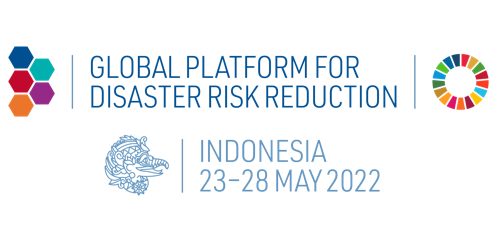Nauru’s delegate to this week’s Global Platform for Disaster Risk Reduction meeting says the needs of citizens needs to be heard in such gatherings.
Roy Denton Harris, who is Nauru’s Secretary for National Emergency Services, says he hopes the meeting hears “the grassroot level of needs, not just the bureaucracy. They need to look at the grassroot people, the villagers, the locals, [and] their essential needs in terms of resilience, in terms of preparation, in terms of recovery.”
Harris says he is at the Bali meeting to learn from developed countries and development agencies, in particular, how they are “moving away from siloed organisations and trying to consolidate or integrate with each other, so they can effectively work together in addressing cascading issues that come from disasters and climate change.”
That was also one of the themes of Fiji’s Minister for National Disaster Management, Inia Seruiratu, keynote address at the meeting’s stakeholder forum yesterday.
“From policy development to project implementation, working in silos has never been a successful model in this constantly evolving DRR space. A whole-of-society community inclusive approach is a best fit for creating and prioritising DRR policies and strategies. It helps affected communities take ownership of their development priorities, builds confidence and strengthens partnership with an opportunity to better understand disaster risks for better DRR decision-making,” Minister Seruiratu said.
Meanwhile, while the role of traditional knowledge in disaster planning and response has not figured highly on the agenda so far, Nauru’s Roy Harris believes it does have an important role, particularly in the Pacific.
He says of Nauru, “We’re moving away quite quickly from our traditional way of life…as we’re adapting to the Western way of life, some of our traditional ways are just dying away.
“Some of us, we’re trying to regenerate that kind of knowledge. We’re trying to pick from our elderly what they were doing back in the old days, what sort of preparation they do, how do they do their early warning alert systems, how do they read the clouds, read the stars, how they read the weather, the nature of animals, what they learn from that as well. We’re trying to revive the traditional knowledge,” he said.
The Pacific Resilience Meeting held virtually last year urged all stakeholders to: “Draw from past lessons and traditional practices and utilize contemporary tools and approaches to enable resilience through sharing, trading and fostering a sense of community and self-reliance.”
